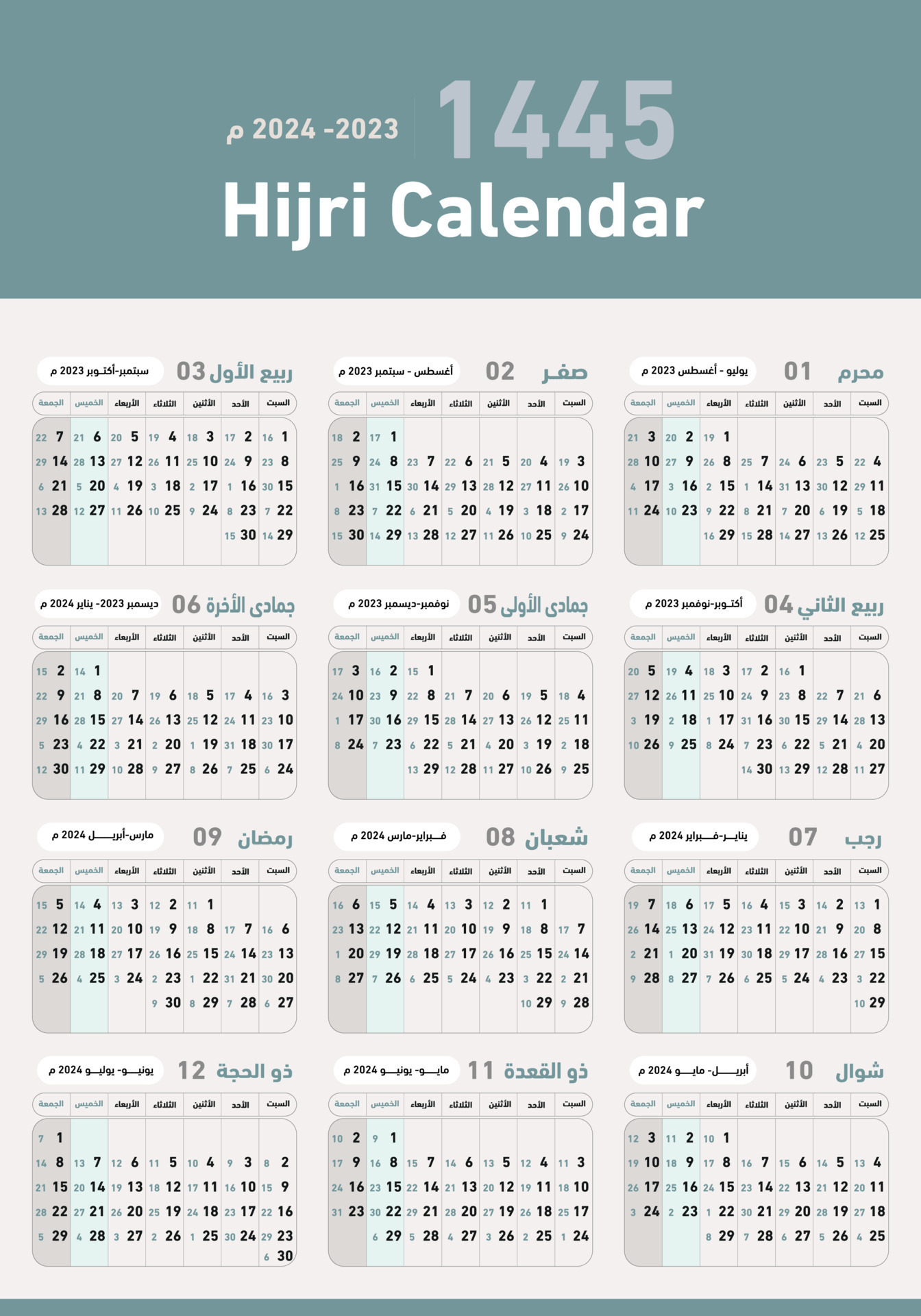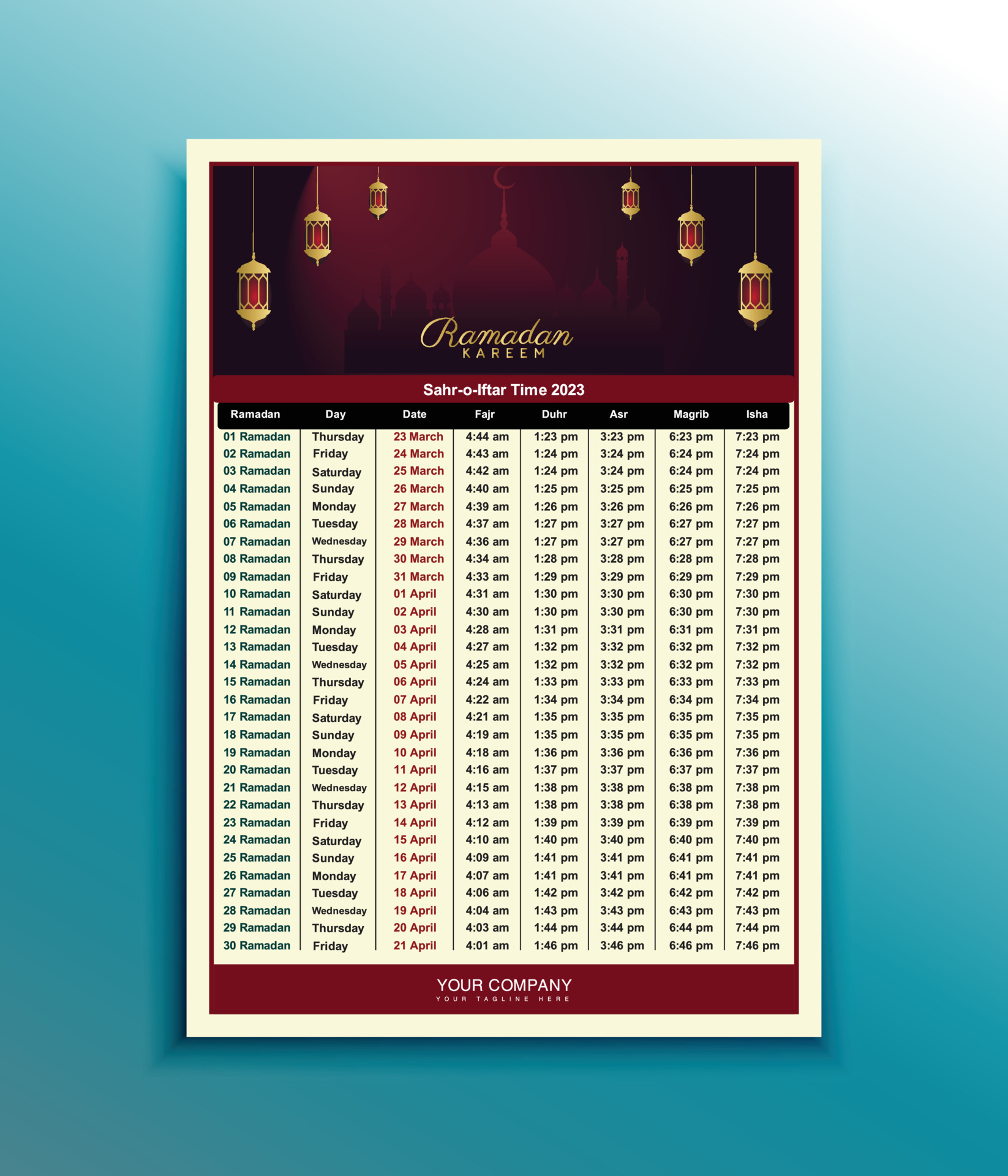Ramadan in 2025 will be a significant event for Muslims around the world, as it is a time of spiritual reflection, fasting, and community. The holy month of Ramadan is observed by millions of Muslims globally, making it one of the most important periods in the Islamic calendar. As we look forward to Ramadan in 2025, it is essential to understand the traditions, practices, and cultural significance of this sacred time.
Ramadan is not only a time for fasting but also an opportunity for spiritual growth, self-discipline, and strengthening relationships with family and friends. In this article, we will explore everything you need to know about Ramadan in 2025, including its dates, significance, traditions, and how it is celebrated across different cultures.
Whether you are a Muslim preparing for Ramadan or someone interested in learning more about this holy month, this guide will provide valuable insights into the traditions and practices that make Ramadan a special time for millions of people worldwide.
Read also:Berner Instagram
Table of Contents:
- Dates of Ramadan in 2025
- Significance of Ramadan
- Traditions During Ramadan
- Fasting During Ramadan
- Iftar: Breaking the Fast
- Taraweeh Prayers
- Charity During Ramadan
- Cultural Celebrations Around the World
- Health Tips for Fasting
- Conclusion
Dates of Ramadan in 2025
Ramadan in 2025 is expected to begin on March 10, 2025, based on the Islamic lunar calendar. The Islamic calendar follows a lunar cycle, which means that the dates of Ramadan shift approximately 11 days earlier each year compared to the Gregorian calendar. The holy month will last for 29 or 30 days, depending on the sighting of the new moon.
Why Does Ramadan Change Dates Each Year?
Ramadan's dates change annually because the Islamic calendar is based on the lunar cycle, which is approximately 11 days shorter than the solar year. This means that Ramadan moves through all seasons over a 33-year cycle. In 2025, Muslims will observe Ramadan during the spring season in the Northern Hemisphere.
Significance of Ramadan
Ramadan holds immense spiritual significance for Muslims worldwide. It commemorates the month when the Quran was first revealed to the Prophet Muhammad (peace be upon him). During this time, Muslims focus on spiritual reflection, self-discipline, and acts of charity.
Key Pillars of Ramadan
- Fasting: Muslims fast from dawn until sunset, abstaining from food, drink, and other physical needs.
- Prayer: Special prayers, such as Taraweeh, are performed during the night.
- Charity: Muslims are encouraged to give generously to those in need.
- Reflection: Ramadan is a time for introspection and strengthening one's faith.
Traditions During Ramadan
Traditions during Ramadan vary across cultures, but the core practices remain consistent. Muslims worldwide observe fasting, pray, and engage in acts of kindness. Here are some common traditions associated with Ramadan:
Family Gatherings
Family plays a central role during Ramadan. Many Muslims gather with their loved ones to break their fast (iftar) and enjoy meals together. These gatherings strengthen family bonds and foster a sense of community.
Read also:Eli Beller Instagram
Fasting During Ramadan
Fasting is one of the Five Pillars of Islam and a core practice during Ramadan. Muslims abstain from food, drink, and other physical needs from dawn until sunset. Fasting serves as a means of self-discipline, empathy for those less fortunate, and spiritual reflection.
Health Benefits of Fasting
Research has shown that intermittent fasting, similar to Ramadan fasting, can have numerous health benefits, including:
- Improved metabolism
- Weight loss
- Enhanced mental clarity
- Reduced inflammation
Iftar: Breaking the Fast
Iftar is the meal served at the end of the day during Ramadan to break the fast. It is a time of celebration and gratitude. Traditionally, Muslims break their fast with dates and water, following the example of the Prophet Muhammad (peace be upon him).
Popular Iftar Foods
While iftar dishes vary by region, some popular foods include:
- Soup
- Meat dishes
- Traditional desserts
Taraweeh Prayers
Taraweeh prayers are special night prayers performed during Ramadan. These prayers are held after the regular evening prayers (Isha) and involve reciting the Quran. Many Muslims attend Taraweeh prayers at their local mosques, creating a sense of unity and community.
Charity During Ramadan
Charity is an integral part of Ramadan. Muslims are encouraged to give generously to those in need, both financially and through acts of kindness. Zakat, one of the Five Pillars of Islam, is often paid during this month.
Types of Charity
There are different types of charity observed during Ramadan:
- Zakat: A mandatory form of charity based on one's wealth.
- Sadaqah: Voluntary charity given out of kindness.
Cultural Celebrations Around the World
Ramadan is celebrated differently in various parts of the world. Here are some examples of how different cultures mark this holy month:
Ramadan in Indonesia
In Indonesia, the world's largest Muslim-majority country, Ramadan is celebrated with vibrant iftar gatherings and night markets. Families often visit mosques for Taraweeh prayers and enjoy traditional dishes like ketupat and rendang.
Ramadan in Egypt
Egyptians celebrate Ramadan with lanterns (fanous), a tradition that dates back centuries. The streets are adorned with colorful lights, and families gather for iftar meals featuring molokhia and fava beans.
Health Tips for Fasting
Fasting during Ramadan can be challenging, especially for those who are new to the practice. Here are some tips to stay healthy during the holy month:
- Stay hydrated during non-fasting hours.
- Eat balanced meals with plenty of fruits and vegetables.
- Avoid overeating during iftar.
- Exercise moderately to maintain fitness.
Conclusion
Ramadan in 2025 will be a time of spiritual renewal and community for Muslims around the world. From fasting and prayer to charity and family gatherings, the holy month offers numerous opportunities for personal growth and connection. By understanding the significance of Ramadan and its traditions, we can appreciate the richness of this sacred time.
We encourage you to share your thoughts and experiences in the comments below. If you enjoyed this article, please consider sharing it with your friends and family. For more insights into Islamic traditions and culture, explore our other articles on the website.


